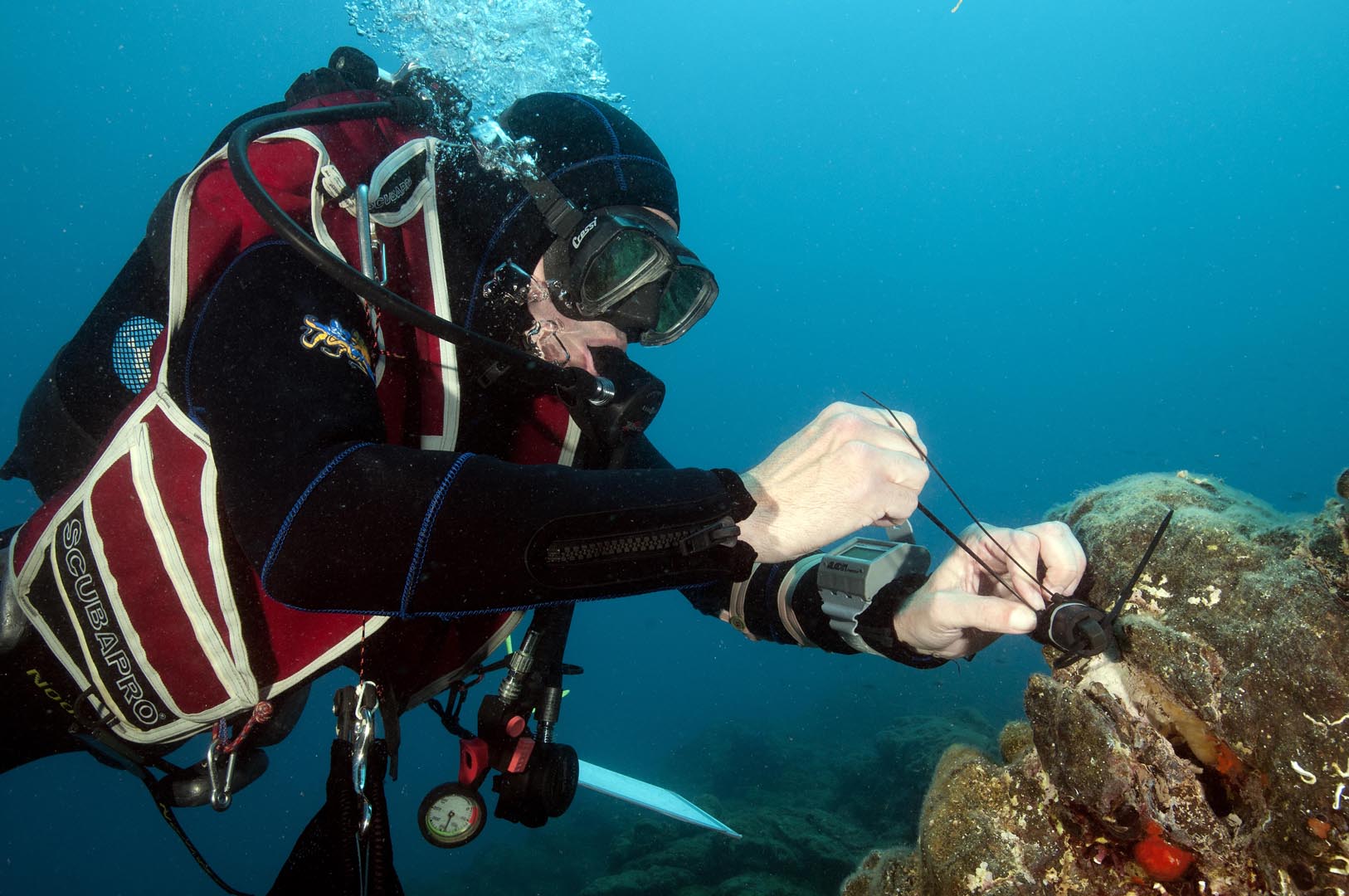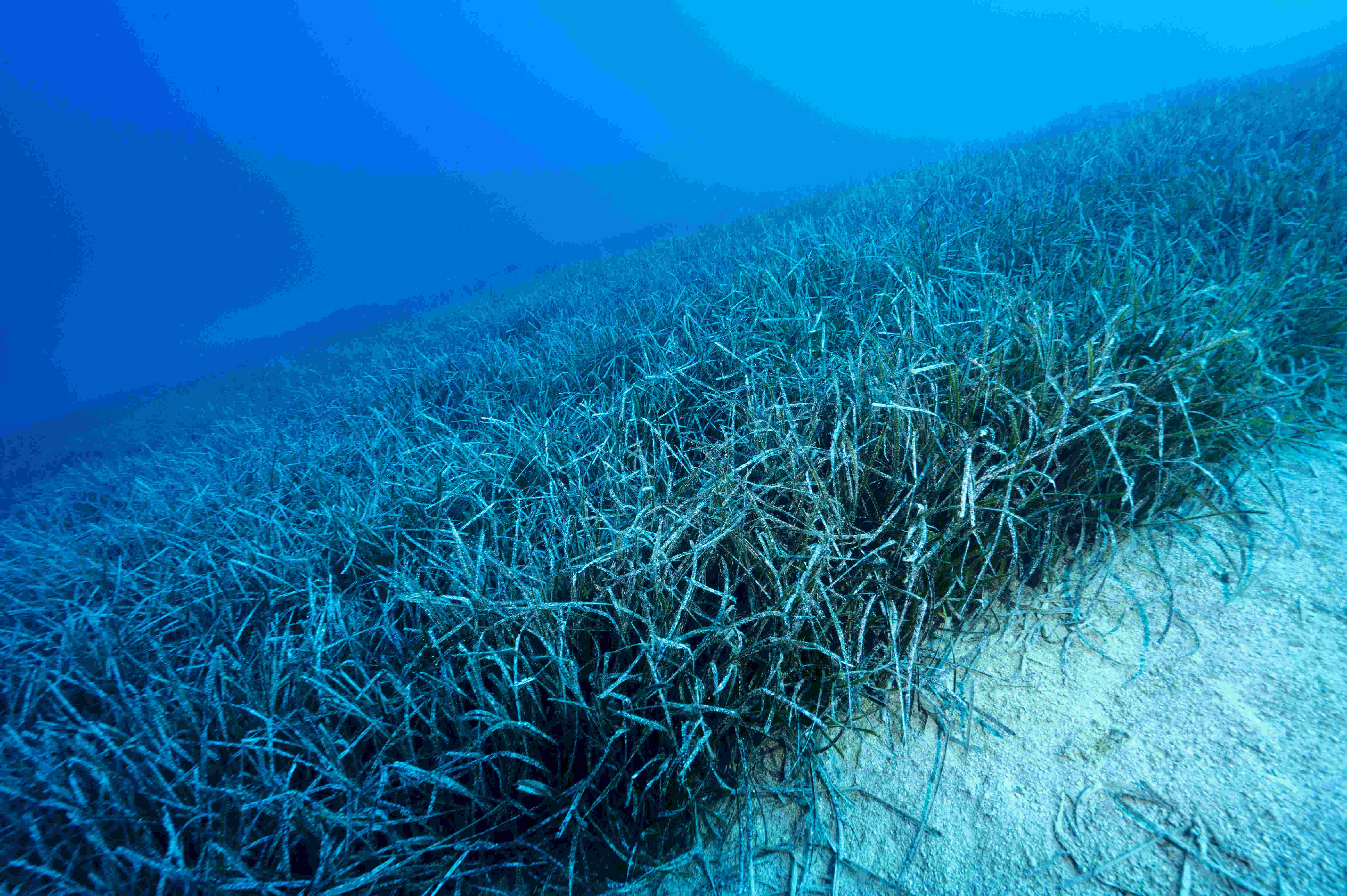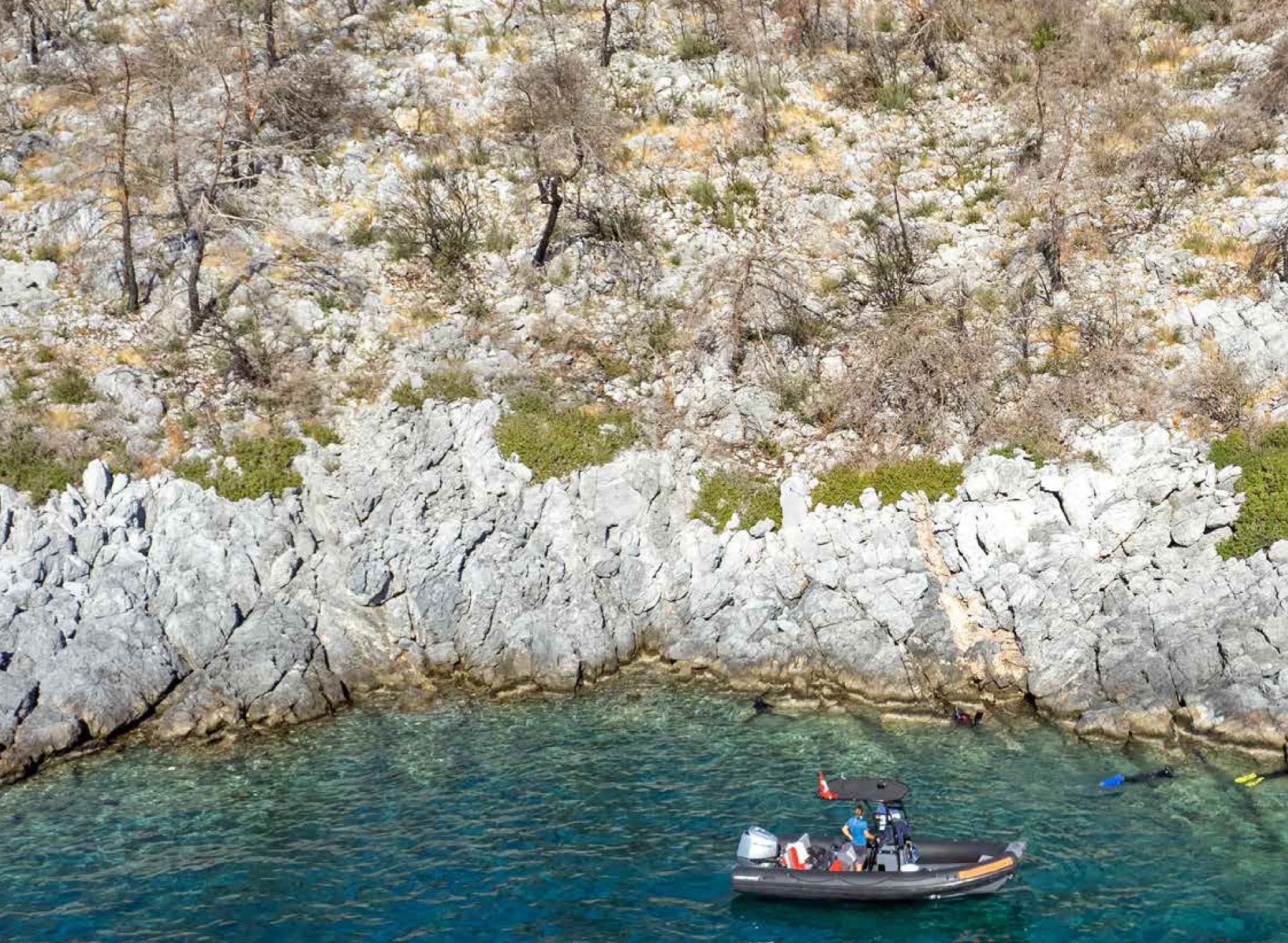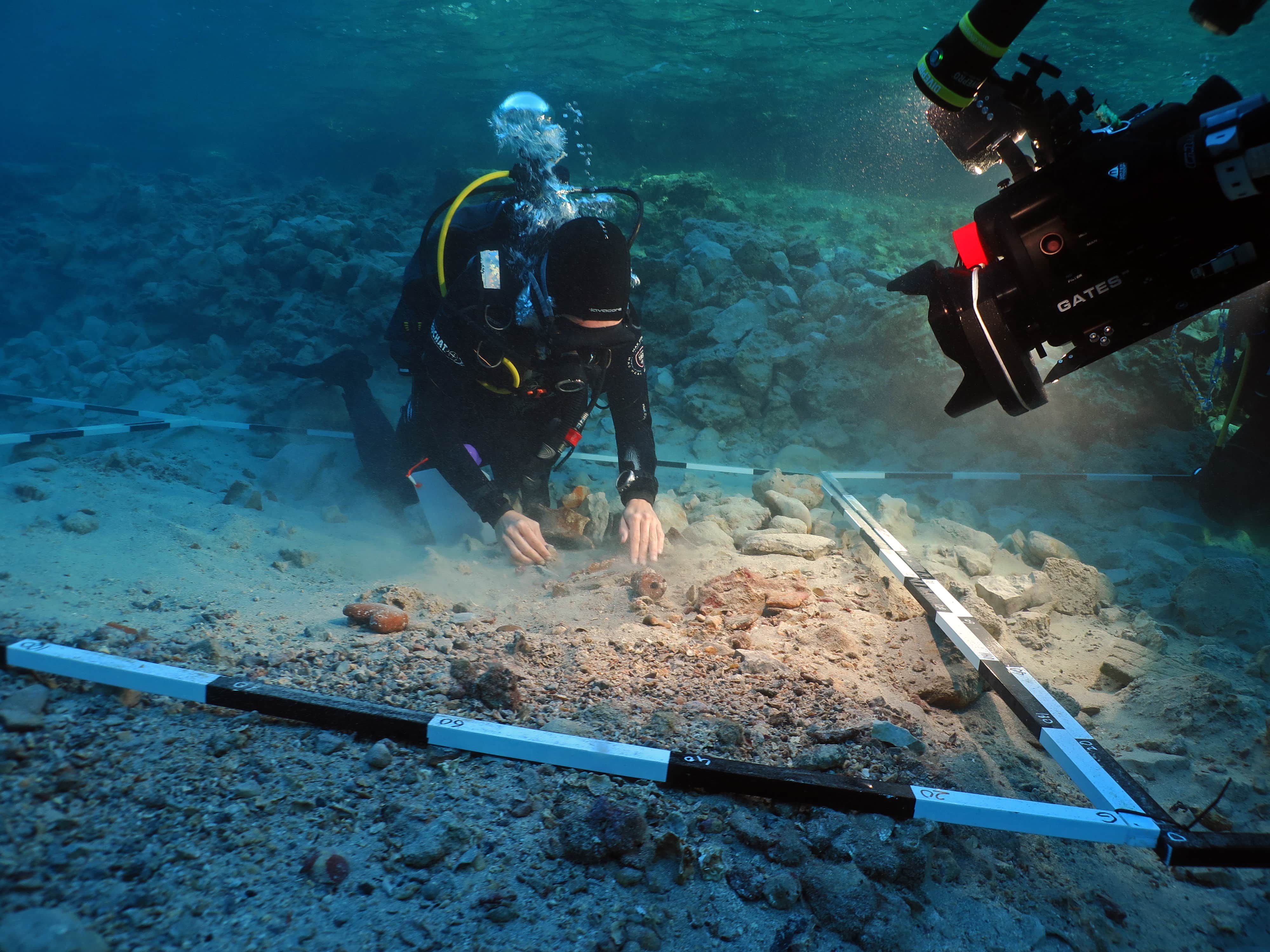Climate change refers to ongoing changes in climate patterns that are largely triggered by the increase in greenhouse gas levels as a result of human activities. This significant environmental issue is transforming weather conditions, temperatures, and ecosystems worldwide, affecting both terrestrial and marine habitats. For example, according to the IPCC's 1.5ºC report, humans have caused the Earth's temperature to rise by approximately 1.0ºC compared to pre-industrial levels. If greenhouse gas emissions continue at the current rate, it is projected that global warming will exceed the 1.5ºC limit between 2030 and 2052.
Factors Triggering Climate Change
Climate change is triggered by the use of fossil fuels such as coal, oil, and natural gas. These fuels release carbon dioxide (CO₂) and other greenhouse gasses into the atmosphere, creating a layer that traps heat around our planet, leading to warming. Additionally, deforestation and industrial agricultural practices reduce the number of trees that absorb CO₂ and emit greenhouse gasses like methane.
Effects of Climate Change
Rising sea temperatures warm the oceans, altering marine ecosystems and the life cycles of species within them. This increase in temperature leads to the destruction of coral reefs, which support various life forms and are a source of biodiversity.
The expansion of seawater due to heat absorption and the melting of glaciers leads to rising sea levels. This poses risks to low-lying areas, increases the frequency of flooding events, causes habitat loss, and affects coastal agriculture.
Oceans absorb about a quarter of the CO₂ emissions released into the atmosphere, leading to ocean acidification. This chemical change disrupts the balance of marine ecosystems, negatively impacting marine life such as plankton, molluscs, and corals.
Temperature changes negatively impact the reproduction, migration patterns, and overall survival chances of marine species. As a result, fish populations may migrate to colder waters, affecting fishing industries and people's livelihoods. Additionally, the increase in temperature in the waters where marine species introduced by human activities originate can create pressure on local species.
Warming sea surfaces lead to more frequent and intense storms, causing significant damage to coastal structures and ecosystems. These storms contribute to coastal erosion and result in the salinization of freshwater sources.
Necessary Actions to Combat Climate Change
Responses at global, regional, and local levels are critical in the fight against climate change. At the global level, international agreements like the Paris Agreement aim to reduce greenhouse gas emissions and limit warming by transitioning to renewable energy sources. Additionally, measures such as marine protected areas, which monitor ocean health and conserve biodiversity, require global cooperation.
Regional initiatives promote collaboration to address challenges faced in the field. These partnerships can create policies tailored to each region's needs, aiming to reduce pollution levels, promote sustainable fishing practices, and develop disaster response plans.
Local engagement plays a role by implementing regulations for coastal development that minimize habitat destruction and encourage sustainable tourism practices. Communities can participate in restoration efforts to rebuild seagrasses (e.g. Posidonia oceanica) and other important habitats, which serve as barriers against storm surges and coastal erosion.
Climate change poses threats to coastal ecosystems that play a vital role in biodiversity, human livelihoods, and global climate stability. Addressing this urgent situation requires efforts and initiatives to mitigate its impacts and adapt to changing environmental conditions. This is essential for conserving resources, ensuring food security, and maintaining the well-being of coastal populations.
What does Mediterranean Conservation Society Doing to Combat Climate Change?
As Mediterranean Conservation Society, we are working on the climate crisis under the following headings:
Marine Protected Areas: We support the designation of more Marine Protected Areas (MPAs) by relevant authorities to protect biodiversity in the Mediterranean and enhance the resilience of ecosystems against the climate crisis. To aid in identifying these areas, we share data obtained from our scientific monitoring studies with decision-makers. Additionally, we implement the Marine Ranger System to ensure the effective protection of designated MPAs. Through our work in special environmental protection regions such as Gökova Bay, Fethiye-Göcek, Datça-Bozburun, and Kaş-Kekova, we strive to ensure the continuity of marine ecosystems and leave healthy seas for future generations. Click here for more information about our work in Marine Protected Areas.
Monitoring Sea Surface Temperature Trends: Since 2015, we have been monitoring sea surface temperatures to monitor the impacts of the climate crisis on the oceans. We initiated this work in Gökova Bay and have continued it in 2020 in Fethiye-Göcek and Kaş-Kekova, and in 2022 in the Datça-Bozburun Special Environmental Protection Areas. Our measurements are taken every 5 m down to a depth of 40 m from the surface. Click here for more information about our sea temperature monitoring efforts.
Invasive Species “New Fishes Program”: We are implementing our “New Fishes” program, which aims to control invasive and foreign species spreading in the Mediterranean and to create economic value from these species. As part of this program, we are developing suitable fishing gear for fishers and conducting communication efforts to introduce these species to restaurants and consumers. Our goal is to reduce the pressure of invasive species on ecosystems and to enable small-scale fishers to generate economic income from these species. Click here for more information about our work in the New Fishes program.
Blue Carbon: We are conducting efforts to protect and monitor endemic seagrasses in the Mediterranean, such as Posidonia oceanica, which serve as important carbon sinks. Through these efforts, we aim to contribute to the sustainability of marine ecosystems in the Mediterranean and enhance resilience against the climate crisis. Click here for more information about our work on blue carbon.
Effects of Wildfires on Terrestrial and Marine Species: We conduct research to monitor the effects of wildfires on marine and terrestrial ecosystems. Specifically, we aim to determine the impact of ash transported to the seas following fires, particularly those that occurred along Turkey’s Southern Aegean coasts, on acidification, as well as the effects of these fires on endemic species like the Marmaris salamander. Click here for more information about our work on the effects of wildfires on terrestrial and marine species.
Wetlands: We are working on the protection and restoration of wetlands by identifying wetland and buffer areas in Gökova and collaborating with local stakeholders to preserve biodiversity in these areas. We recognize that wetlands are vital for both terrestrial and marine species, and we adopt the conservation of these areas as an important strategy against the climate crisis. Click here for more information about our work on wetlands.



